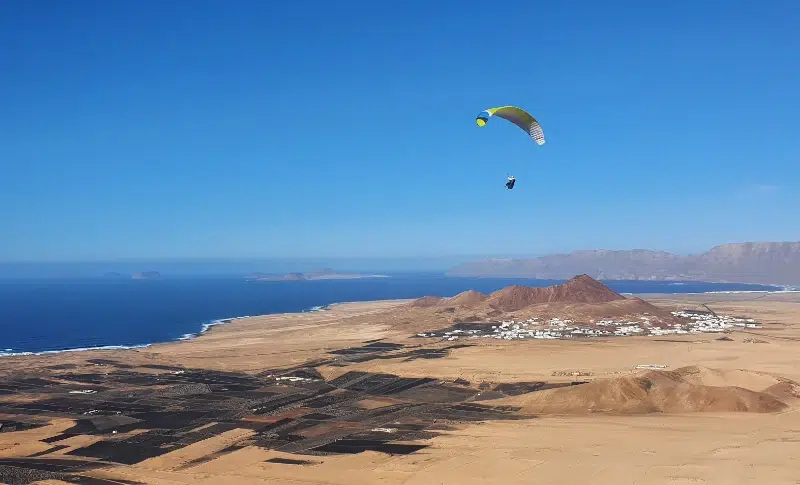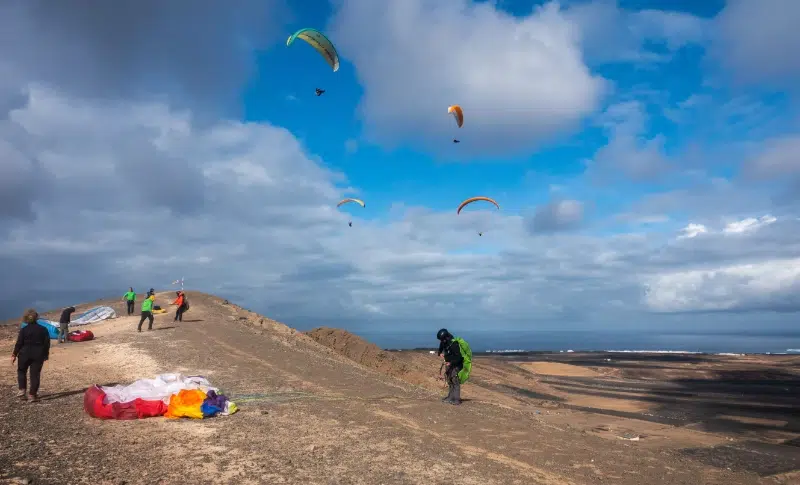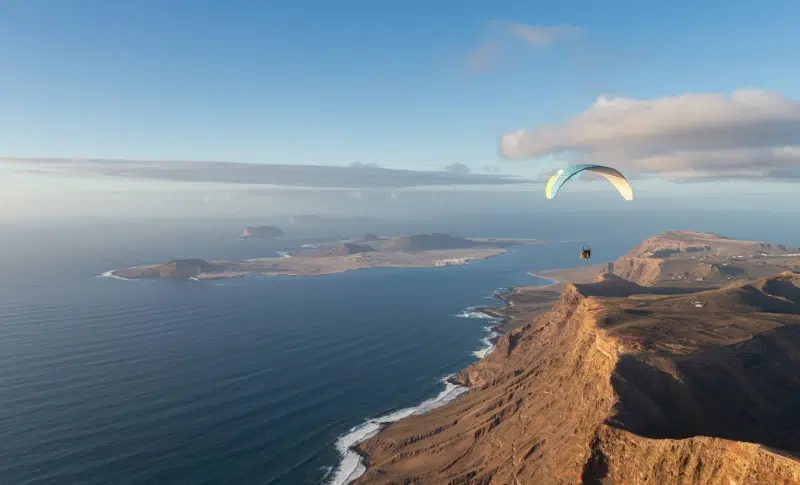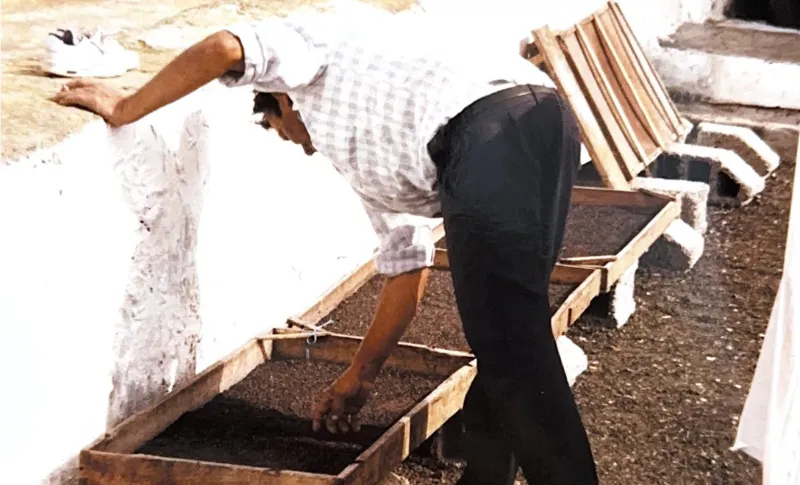
The Cochineal Industry in Lanzarote
Hello friends! Today I’m going to talk to you about a subject close to my heart: the cochineal industry in Lanzarote. You might be wondering what cochineal is, and why it’s so important to the history and culture of this beautiful island. Well, brace yourselves, because I’m about to tell you a fascinating story that goes back more than four centuries!
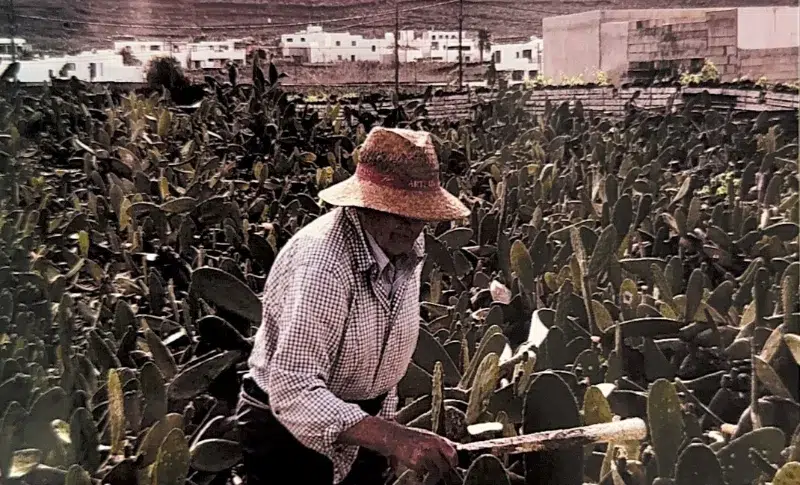
image credit @lanzabubila
A small insect with a great heritage
The cochineal is a small insect that lives on Opuntia cacti, also known as prickly pears. This insect produces a substance called carminic acid, which gives its body a bright red colour. This substance has been used for thousands of years to make natural dyes, used in particular to colour fabrics, cosmetics and foodstuffs. A typical example of the use of cochinilla is the lanzaloe product range. an eco-friendly company offering a range of aloe vera-based products with cochinilla.
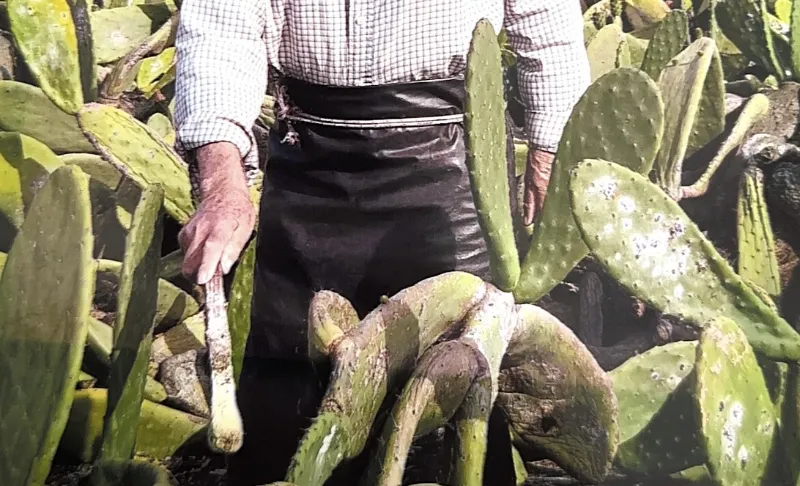
image credit @lanzabubila
A Colourful Treasure from Lanzarote
The cochineal industry on Lanzarote began in the 16th century, when the Spanish conquistadors introduced the Opuntia cactus to the island. The inhabitants of Lanzarote soon discovered that the island’s arid, volcanic climate was ideal for growing the cactus and breeding cochineal. They began exporting cochineal dye to Europe, where it was highly prized for its quality and durability.
Apogee and decline
The cochineal industry reached its peak in the 19th century, when demand for natural dyes increased as a result of the Industrial Revolution and the development of world trade. At the time, Lanzarote was the world’s leading cochineal producer, and the dye was sold at high prices on international markets. The cochineal industry enabled many Lanzarote families to live comfortably, and contributed to the island’s economic and social development.
But the cochineal industry has also experienced difficulties, notably due to the introduction of parasites that have decimated cactus crops, and competition from synthetic dyes, which are cheaper and easier to produce. Today, the cochineal industry on Lanzarote is considered a historical and cultural heritage, bearing witness to the glorious past and ancestral know-how of the island’s inhabitants. Cochineal insects were once considered a precious commodity, and the production of cochineal dye required great care and attention to detail.
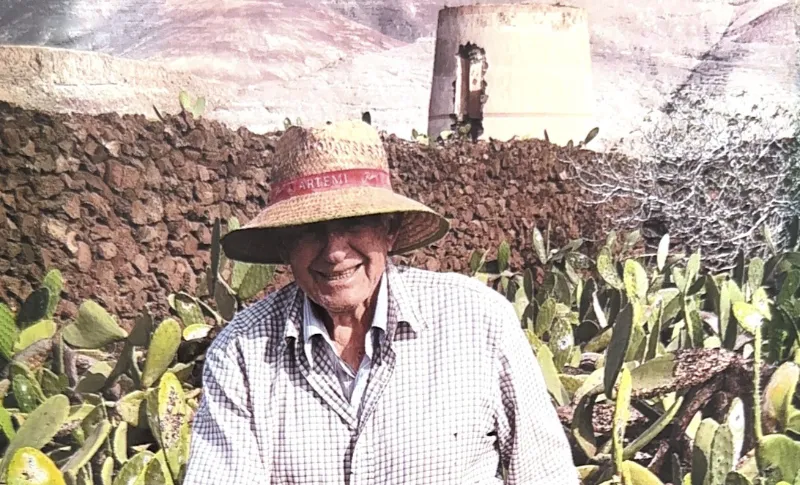
image credit @lanzabubila
Family heritage and love for the island
I was born and brought up in Guatiza, a village in the north-east of the island, home to Lanzarote’s largest cactus field. My grandparents were cochineal producers. The decline of the cochineal industry meant economic hardship for many Lanzarote families, including my own. Despite these financial difficulties, my grandparents instilled in me a deep appreciation of the beauty of our heritage.
a story Told from the air
I’m fascinated by free flight, and decided to set up my own business, Abubila Paragliding, to share my passion for paragliding with visitors from all over the world. I offer paragliding flights with breathtaking views of the volcanic landscape and cactus fields of Lanzarote. I also use these flights to tell our customers the story of the cochineal industry, and show them how it has shaped the island’s landscape and culture.
Conclusion
I’m proud of my heritage, and want to share it. I believe that the cochineal industry is an example of sustainable development, which respects the environment and values local resources.
I hope you’ve enjoyed this story, and that you’d like to discover the cochineal industry in Lanzarote from the air. If so, please don’t hesitate to contact me. I’d be delighted to welcome you and give you an unforgettable experience. And if you liked this article, don’t forget to share it with your friends and leave me a comment. See you soon!
recent posts

